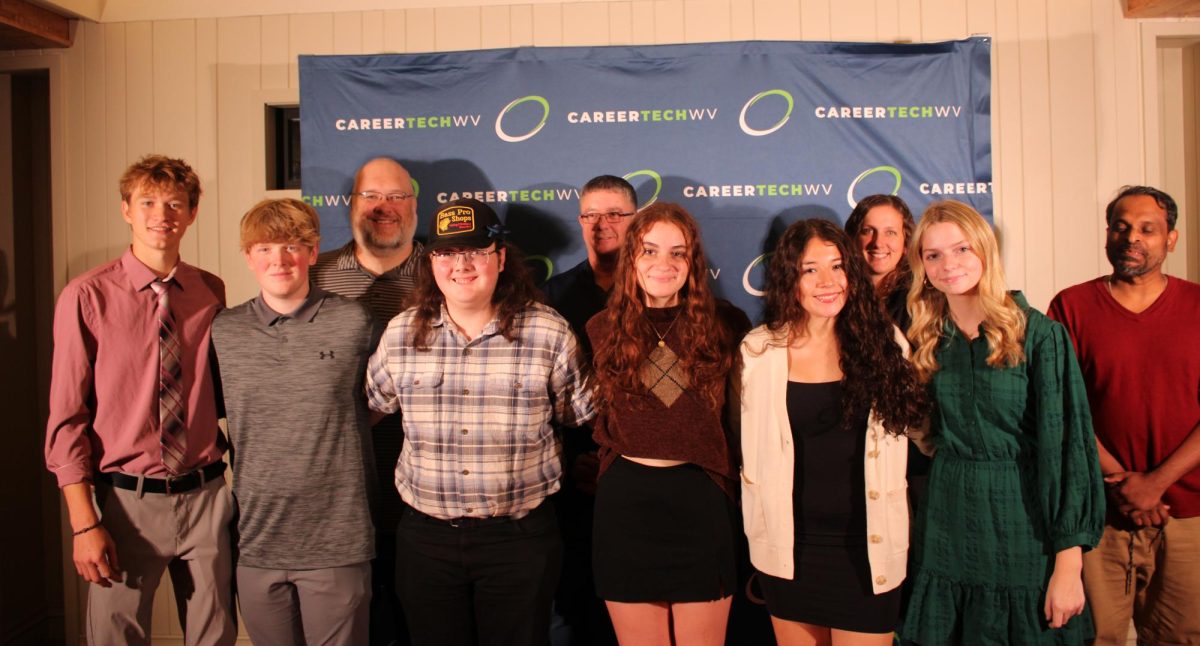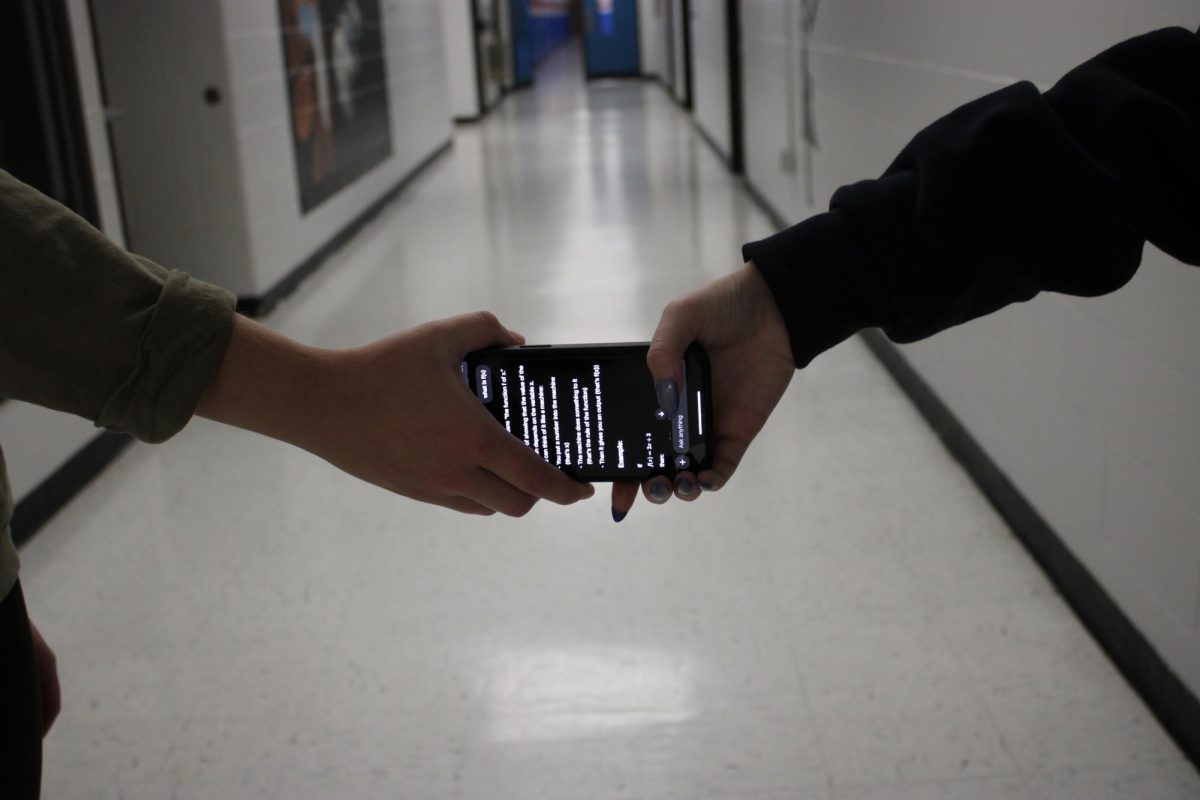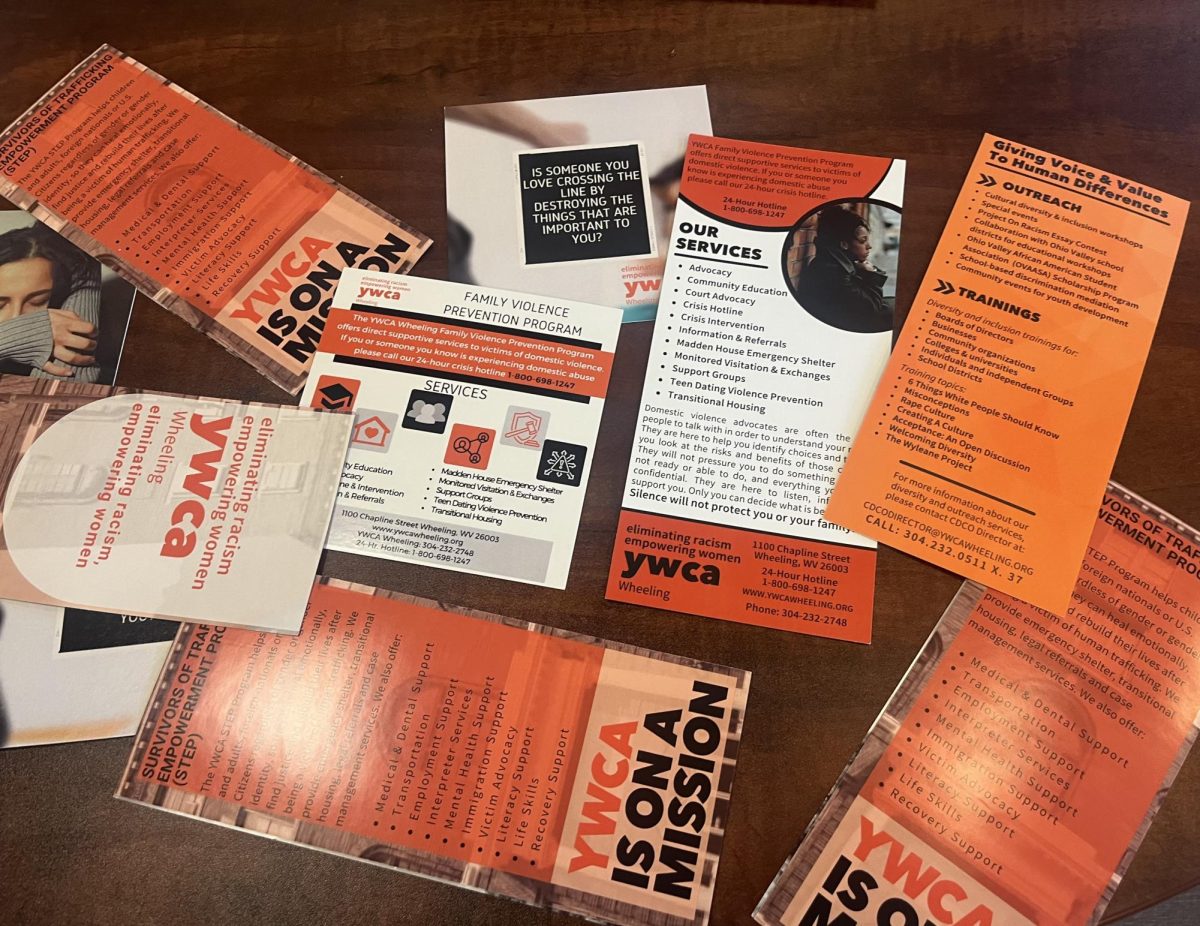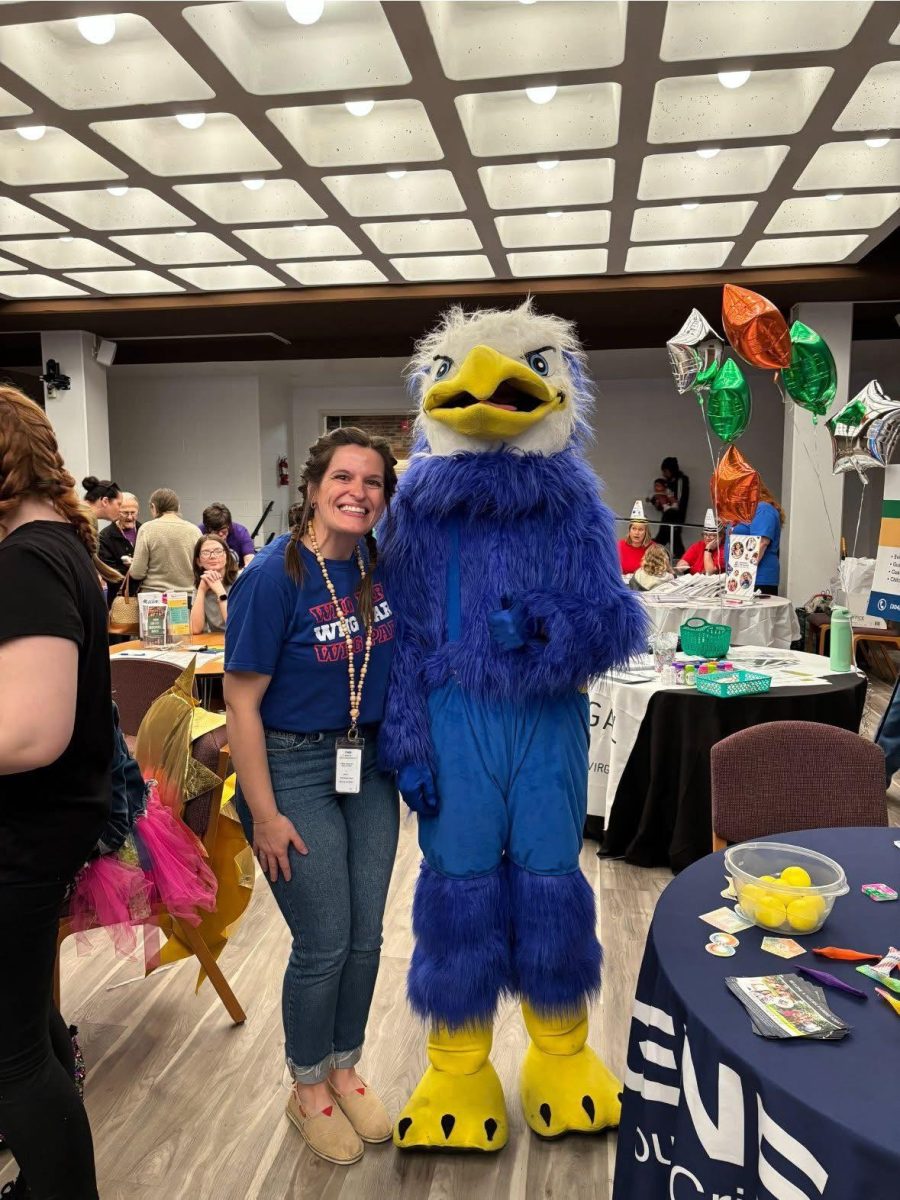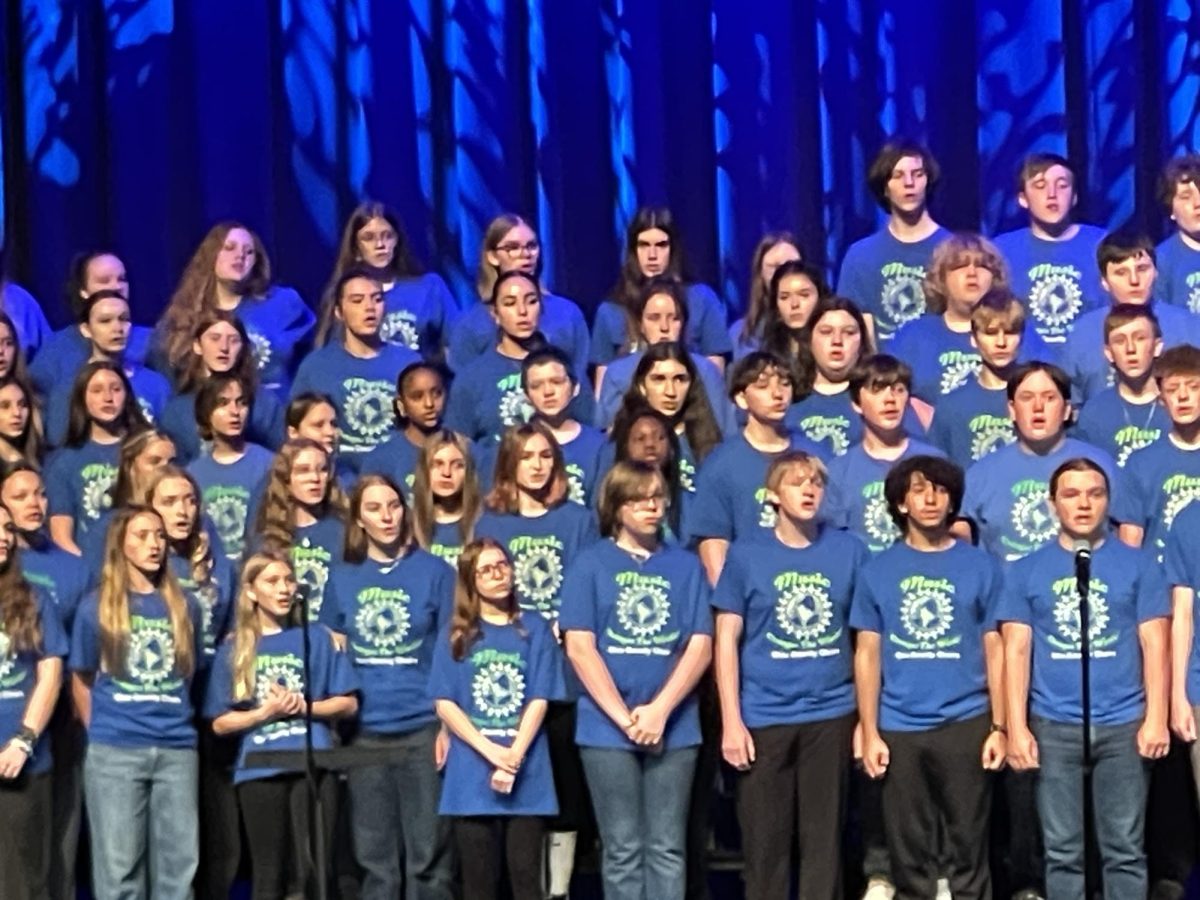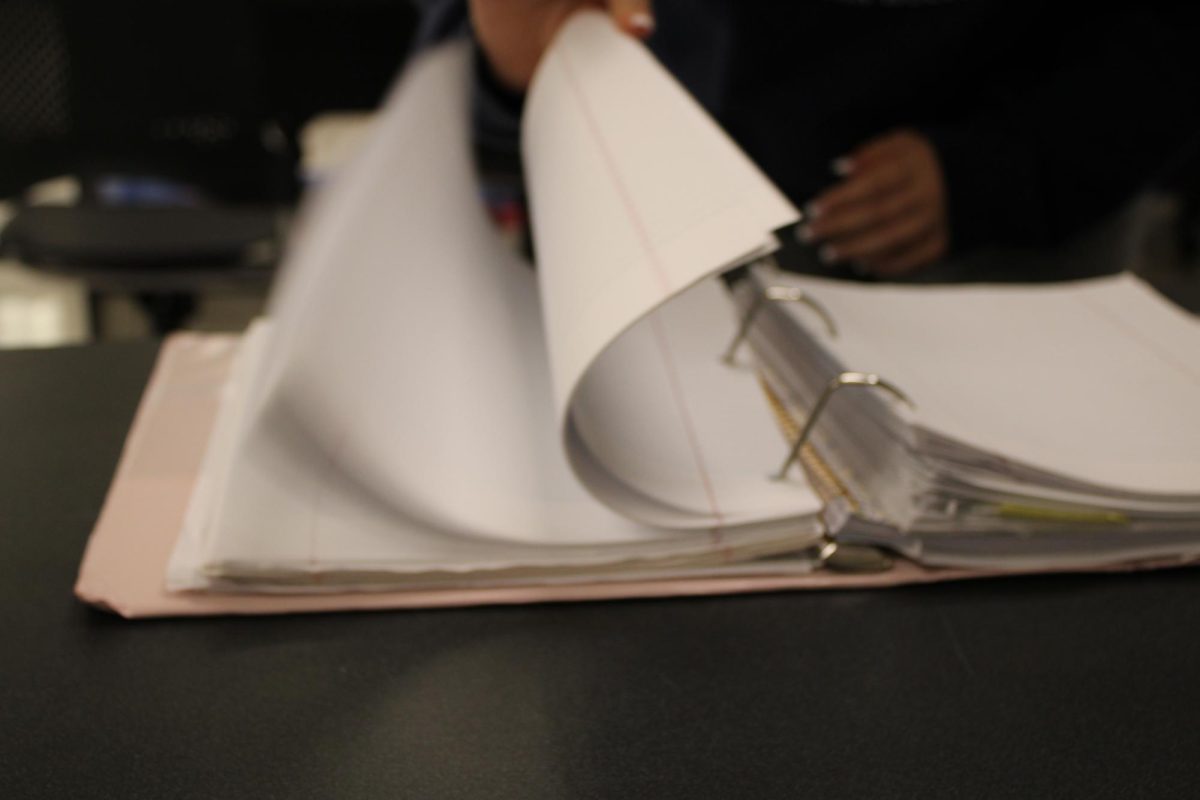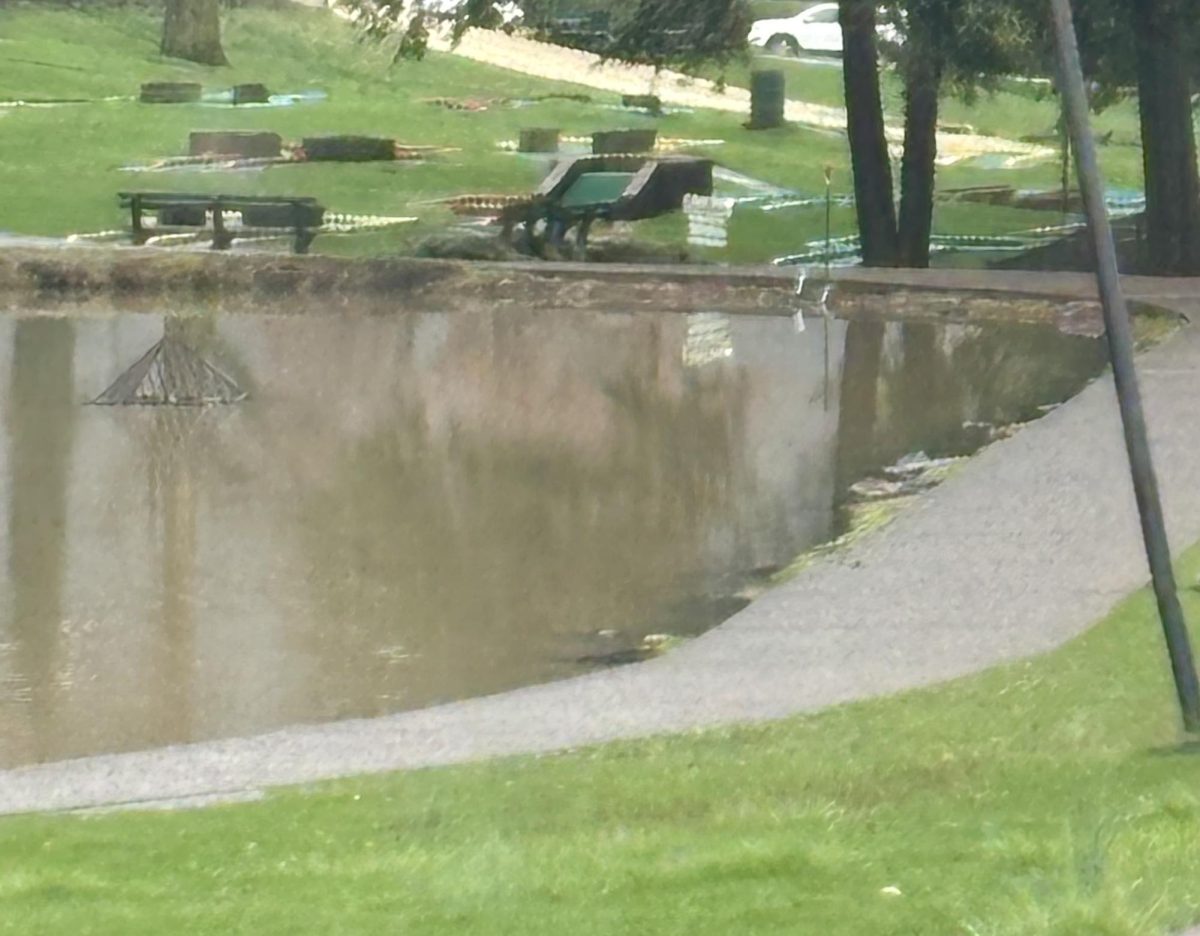On April 6, 2024, Mayor Glenn Elliot of Wheeling stated that Wheeling was facing its worst flood in 20 years. This flooding is obviously out of the ordinary for our locale, but these extreme weather events have become increasingly common internationally.
Many victims of the Wheeling floods have a lot to say about the incident. Whether they witnessed the flooding firsthand or helped friends and family who were impacted, listening to those who have experience is the best way to comprehend the true severity of the flooding.
“It was unpredictable, the way the numbers kept coming out and changing. That usually doesn’t happen. As always, we had plenty of time to prepare. Clean-up was typical. The second round was not as muddy for most people, because the water didn’t come as high. I think of ‘96 as the worst because it was my first, but ‘04 was way worse because it happened fast and the water was very high”, said Mrs. Knollinger, a foreign language teacher.
Despite the fact the flooding had a tremendous impact on our community, there are many other examples of extreme weather events all over the world. One example of this is the recent earthquake in New Jersey.
On April 10, 2024, an earthquake with a magnitude of 2.6 struck The Garden State. As of right now, the fault is still unknown. However, this is a prime example of how weather and natural disasters are progressing, especially due to climate change. Wheeling residents were not directly impacted by this earthquake, but it is still very important to be aware of these events, as they are becoming increasingly common.
Another example of extreme weather in recent times is the Chilean Wildfires of February. The temperature in areas directly affected by these wildfires reached up to 100 degrees Fahrenheit. These fires also made history as the deadliest wildfires Chile has ever seen. Sadly, the Chilean wildfires of February are only one of the many severe wildfires internationally in recent history.
To better understand the causation behind these natural disasters and extreme weather events, it can be very beneficial to educate ourselves on the science behind them. Numerous science teachers at Park are willing to explain why specifically these events are happening, as well as some possible solutions.
“It’s a very serious issue. We need to track our carbon footprints and mind the carbon and nitrogen cycles. If we do not keep up with how much carbon we’re emitting, then it’s just going to get worse”, said Ms. Templeton, a science teacher.
“The reason we’ve been seeing a lot of extreme weather is because of a stationary front, which causes a lot of rain, as we’ve seen around here. As far as what the government can do, they can’t do much about the weather- unless they want to fire ‘Mother Nature’ and get us a new one. They could certainly re-evaluate any kind of ordinances we have for clearing land to make sure that we’re taking into account future runoff potential. When we clear trees or hilltops to build and mine on them, that is taking away from the natural habitat that helps to keep the rainwater going into the ground where it needs to instead of causing mudslides and flash flooding. As citizens, we can take precautions that can help with our water cycle”, said Mrs. Bunch, a science teacher.
As you can tell, extreme weather events and natural disasters are becoming increasingly relevant and prominent, especially in correlation to climate change and global warming. However, despite the struggles we may face, it is important to continue doing our part to both keep our ecosystem clean and protect our neighbors.

